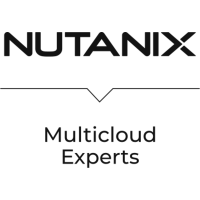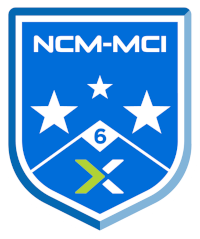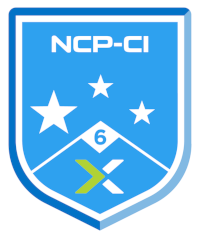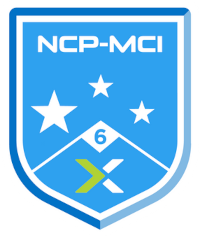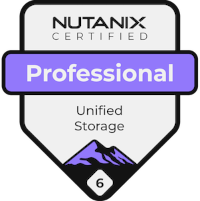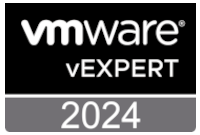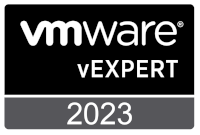 With the news this week of the release of the ESXi-Arm fling, coupled with me already having a Raspberry Pi (RPi) version 4 with 4GB in my possession, you’d think that I’d be all over ESXi-Arm, wanting to immediately take it out for a test drive.
With the news this week of the release of the ESXi-Arm fling, coupled with me already having a Raspberry Pi (RPi) version 4 with 4GB in my possession, you’d think that I’d be all over ESXi-Arm, wanting to immediately take it out for a test drive.
Well, no, not really…
Getting into the whole RPi game a little late, I’ve had my RPi since May this year. In the time between my RPi purchase and the ESXi-Arm announcement earlier this week, ESXi has not been an option for my RPi.
Therefore after doing all the usual stuff like:
- Installing Raspbian
- Turning RPi into a retro gaming rig
- Turning RPi into a Media Player with Plex support
All of which is a super cool and all. Props to all those involved in all of the above projects, keep up the good work!
I wanted to try turning my RPi into more of a server platform and perhaps migrate some of the workload of my existing R710 ESXi host onto the RPi. With ESXi-Arm not being available back then and after weighing up the other options, I felt I was left with one option that interested me:

Besides, if ESX-Arm had been available at the time, where’s the fun in just installing that?
To me - as a virtualisation admin - docker offered something new that I wanted to learn more about: containerisation.
Sure, I’d played with docker a number of times in labs before, but nothing “production ready”.
Plus, what better way to learn than by doing? I had:
- A need: To migrate some workloads off of ESXi
- A target: Docker on RPi running on Ubuntu 20.04LTS Server
- An interest to learn about Docker
So after following some guides - there is little point in posting how to guides here when many, excellent guides already exist:
- Installing Ubuntu 20.04LTS Server on RPi: Ubuntu Tutorials
- Installing and using Docker on Ubuntu 20.04 Digital Ocean Tutorial
- Running Portainer within Docker Portainer.io Install Guide
Today I have six containers running on my RPi so far:
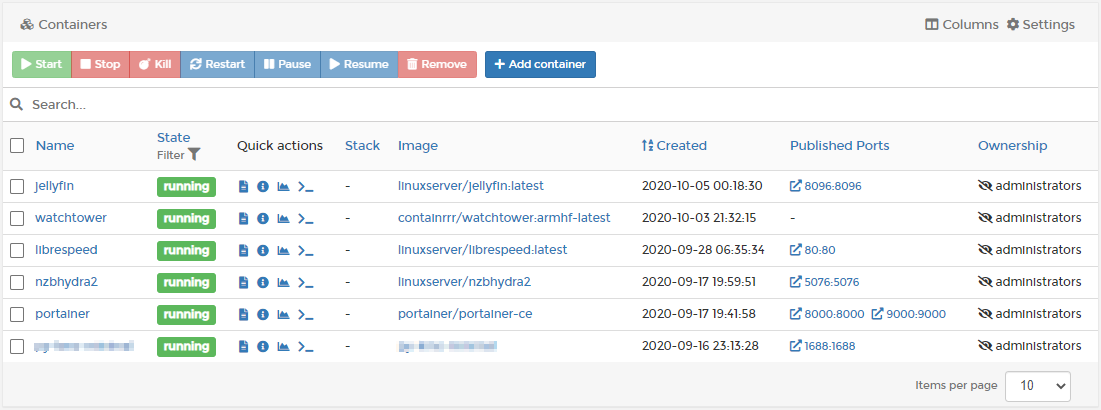
With my RPi barely breaking a sweat:
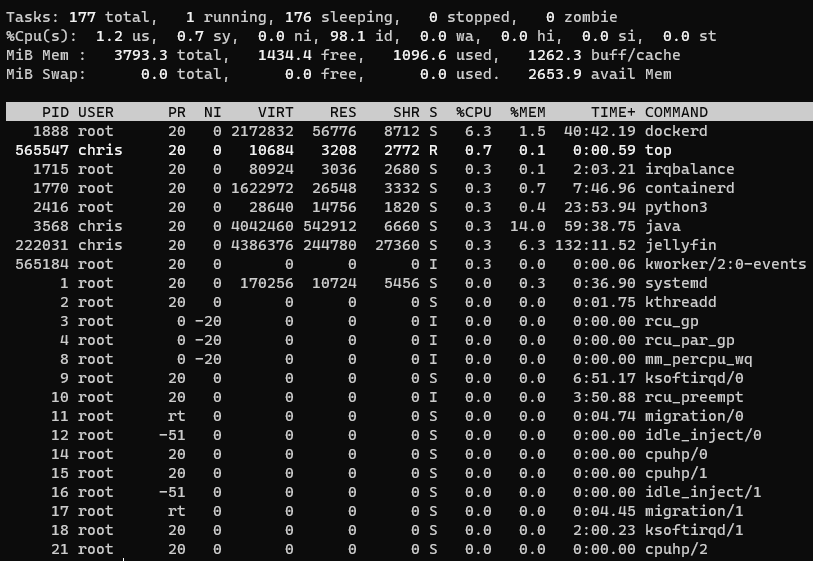
With plans for more containers in the pipeline.
Conclusion and Wrap Up
So in conclusion; no I’m not running ESXi-Arm on my Raspberry Pi. That would have been the easy option.
Like millions of others, I’m using my Raspberry Pi for education. In my case containerisation education. Once I have the basics of containerisation down, I can then look at Kubernetes and maybe VMware Tanzu one day.
Until then, I’m happy to continue to use my Raspberry Pi to add the containerisation string to my bow.
-Chris

